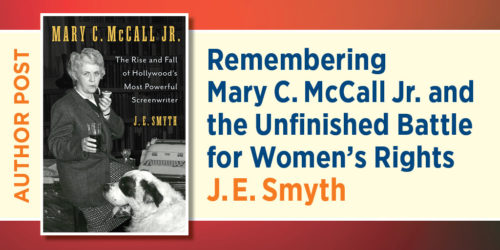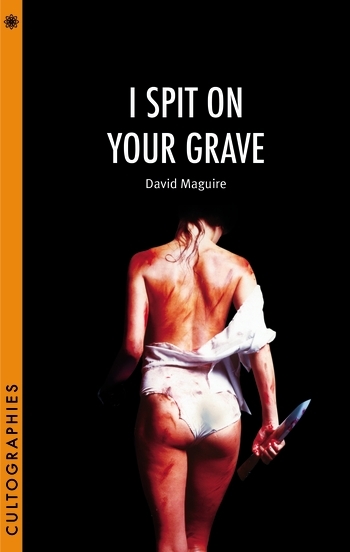How a Divisive Movie Franchise Still Persists in the #MeToo Era: A New Look at I Spit on Your Grave and I Spit on Your Grave: Déjà Vu

“ISOYG’s careful research and analysis makes for an insightful and enjoyable read throughout, and Maguire’s clear-sightedness enables him to pull off the difficult feat of treating the subject matter seriously (as one would expect) without the book ever becoming dry and humourless.”
~ Jon Towlson, Starburst Magazine
In conjunction with today’s release of I Spit On Your Grave: Déjà Vu—a Meir Zarchi directed sequel film— this week, we are featuring a series of guest posts by David Maguire, the author of I Spit On Your Grave. In this post, Maguire discusses the controversial film’s messages in the age of gender-awareness and the #MeToo movement. At the same time, he defends the film franchise against critics and the vision behind the sequel’s appointing of a surprisingly female-empowered cast.
• • • • • •
One of the main observations in my book about I Spit On Your Grave (released 2018) was just how resilient this 40-year-old film had become. Despite its numerous battles with the censors and mauling by critics, the picketing of its screenings by feminists and the politicians who had deemed it a corrupting influence on society, it has somehow managed to spawn a remake, two sequels to said remake—an official remake, an unofficial sequel, and countless imitations.
As a perfect example of how this film stubbornly refuses to be buried, today, the original finally gets the official sequel it deserves, reuniting original director Meir Zarchi and original star Camille Keaton in the only true continuation of the story of cinema’s most lethal lady vengeance Jennifer Hills. The story sends Hills hurtling back to where it all began—to face the wrath of the families of those she murdered. Kidnapped along with her daughter, it’s a tense game of “hunt or be hunted” against a lethal gang of degenerates overseen by a violently unhinged matriarch.
Now the first thing that a lot of people are going to ask is—why does this film, the poster girl of the 1980s ‘video nasties’, a film which focused on the brutal gang-rape of a beautiful career woman at the hands of a group of degenerate misogynists, even necessitate a sequel, let alone one that’s coming 40 years later? In the current climate of #MeToo, Take Back The Night, and a growing tide of female empowerment, isn’t the release of such a sequel a gross miscalculation of judgement? If the film doesn’t receive such comments I will be very surprised.
“In the current climate of #MeToo, Take Back The Night, and a growing tide of female empowerment, isn’t the release of such a sequel a gross miscalculation of judgement?”
But what is interesting about this film—and I had the pleasure of seeing an early cut of the film last year—is how it actually revolves around three strong, empowered female characters. The action is motivated by them—whether it’s Jennifer Hills and her daughter Christy (played by current scream queen Jamie Bernadette) fighting for survival, or Becky (Maria Olsen) and her single-minded obsession with revenge. This is a rarity in the horror film, particularly the rape-revenge genre, where the perpetrators of the violence are usually male.
Like the original and its reception, Déjà vu—I am convinced—will merit a wide amount of controversy. Some will argue that is the sole rationale for its existence; and yet there is a huge audience of fans for the original 1978 films—a lot of whom are female—who have been crying out to know what happened to Jennifer Hills after she motor boated into the sunset all those decades ago.
Whatever your thoughts are regarding Déjà vu (and I do encourage you to check it out) and the ‘franchise’ that I Spit On Your Grave has become, one thing is for certain—it has no doubt divided opinion for 40 years, and it will undoubtedly do so for at least another 40. Love it or loathe it, this is one film that refuses to be buried.







